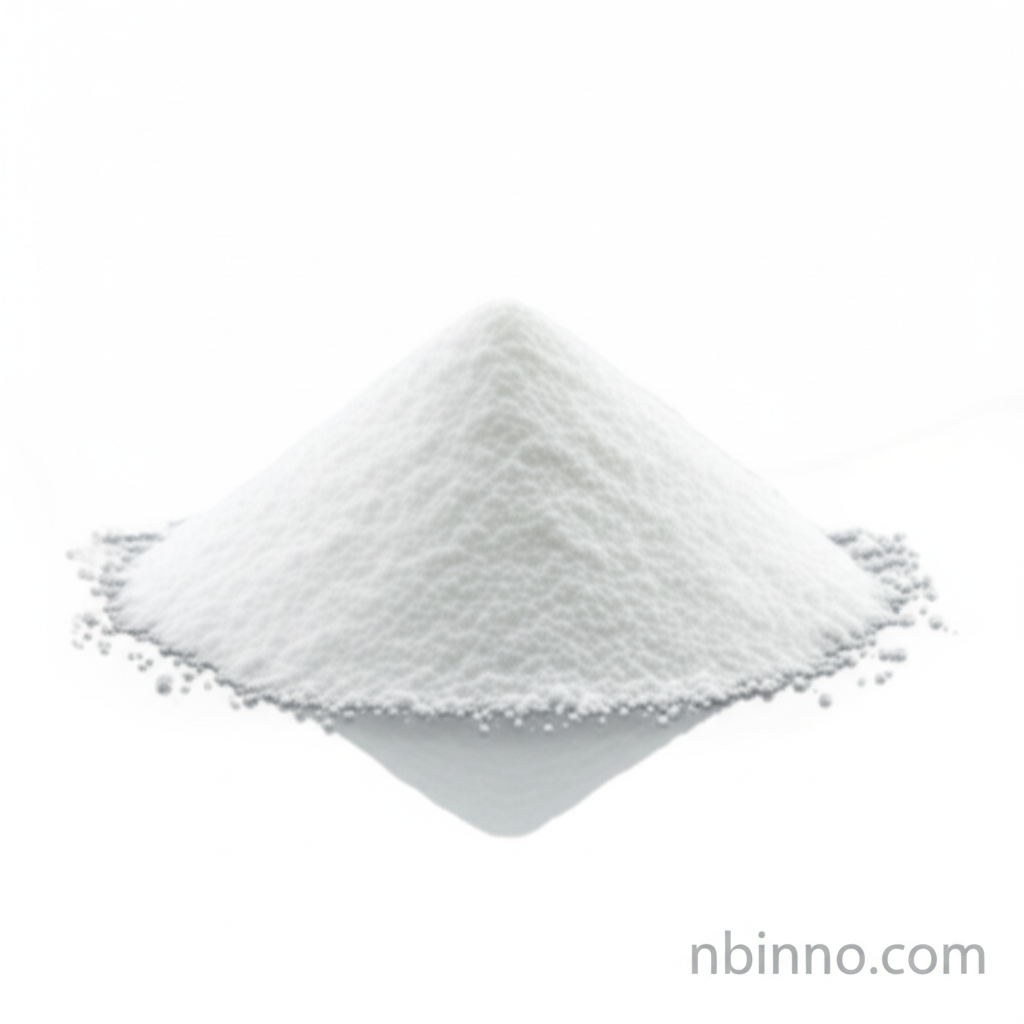Triclocarban: Properties, Applications, and Environmental Impact of a Potent Antimicrobial Agent
Explore the extensive applications, crucial properties, and environmental considerations of Triclocarban, a key antimicrobial ingredient.
Get a Quote & SampleProduct Core Value

Triclocarban
Triclocarban is a synthetic chemical compound recognized for its potent antibacterial and antifungal properties. It has been extensively utilized in a wide array of personal care products and detergents, playing a significant role in hygiene and preservation.
- Understanding the antibacterial properties of Triclocarban reveals its effectiveness against various bacterial strains, making it a key ingredient in hygiene products.
- Delving into Triclocarban's mechanism of action provides insight into how it disrupts bacterial cell membranes and inhibits growth.
- The Triclocarban FDA ban highlights the evolving regulatory landscape and concerns surrounding widespread use of certain antimicrobial agents.
- Investigating Triclocarban's environmental impact is crucial due to its persistence and potential toxicity to aquatic life.
Key Advantages Offered
Broad-Spectrum Antimicrobial Efficacy
Triclocarban demonstrates broad-spectrum activity, effectively targeting a range of Gram-positive bacteria and fungi, contributing to its widespread use in hygiene applications.
Established Use in Personal Care
For decades, Triclocarban has been a staple in personal care products like soaps and lotions, valued for its antimicrobial and deodorant properties, supporting consumer health and cleanliness.
Impact on Bacterial Growth Inhibition
By interfering with essential bacterial processes, Triclocarban effectively inhibits bacterial growth, a key factor in its inclusion in disinfectant and cleansing formulations.
Key Applications
Personal Care Products
Triclocarban serves as a vital ingredient in numerous personal care items, including soaps, lotions, and deodorants, where its antibacterial properties are paramount for hygiene.
Detergents and Cleansers
Its inclusion in detergents and cleansers enhances their ability to combat microbial contamination, ensuring more effective cleaning in household and industrial settings.
Cosmetic Formulations
In cosmetic formulations, Triclocarban contributes to product preservation and offers antimicrobial benefits, supporting product stability and user safety.
Deodorant and Antiseptic Use
Triclocarban is a key component in products designed for odor control and antiseptic purposes, combating odor-causing bacteria and promoting a sense of freshness.
